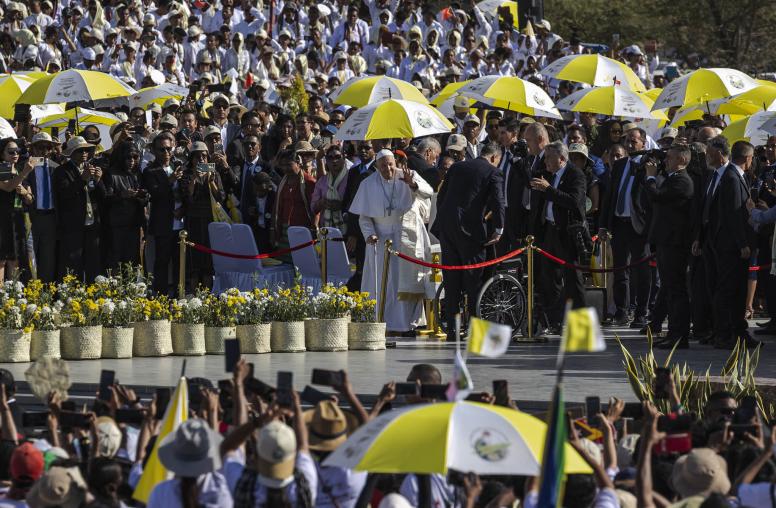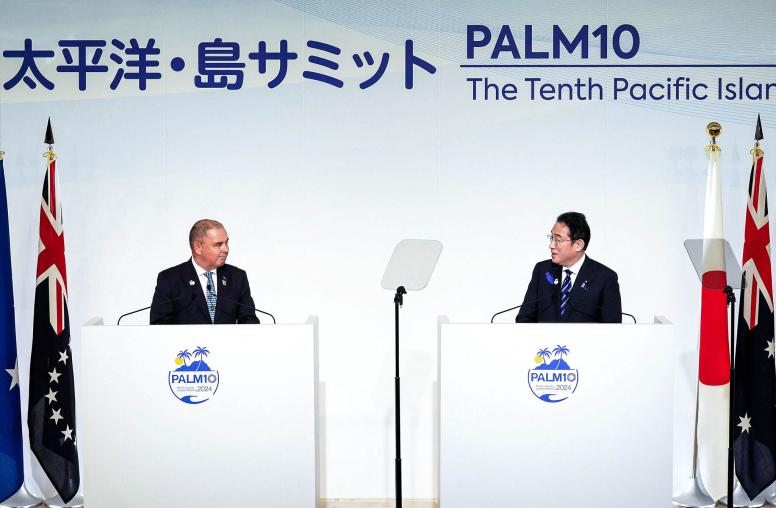Papua New Guinea One Month After the Riots
Last month, riots erupted in Papua New Guinea’s capital and quickly spread to other cities across the country. The riots laid bare that governance is failing to meet public needs — which risks deepening instability in a country that already faces high rates of intercommunal, domestic and gender-based violence. Meanwhile, U.S engagement in Papua New Guinea has been increasing as geopolitical competition heightens in the region. And while this engagement centers on Papua New Guinea’s designation as a priority partner country under the U.S. Strategy to Prevent Conflict and Promote Stability, the recent unrest offers a wake-up call for U.S and international policymakers to re-focus on the roots of the country’s instability.
On February 22, USIP hosted a conversation on what’s changed in the month since riots engulfed the Pacific Islands' largest and most populous nation — as well as how U.S. and international policymakers can respond to the causes that are driving instability in Papua New Guinea.
Speakers
Brian Harding, moderator
Senior Expert, Southeast Asia and Pacific Islands, U.S. Institute of Peace
Gordon Peake
Senior Advisor, Pacific Islands, U.S. Institute of Peace
Ruth Kissam
Senior Advisor, Papua New Guinea, U.S. Institute of Peace
Zuabe Tinning
Program Manager, Papua New Guinea, U.S. Institute of Peace



